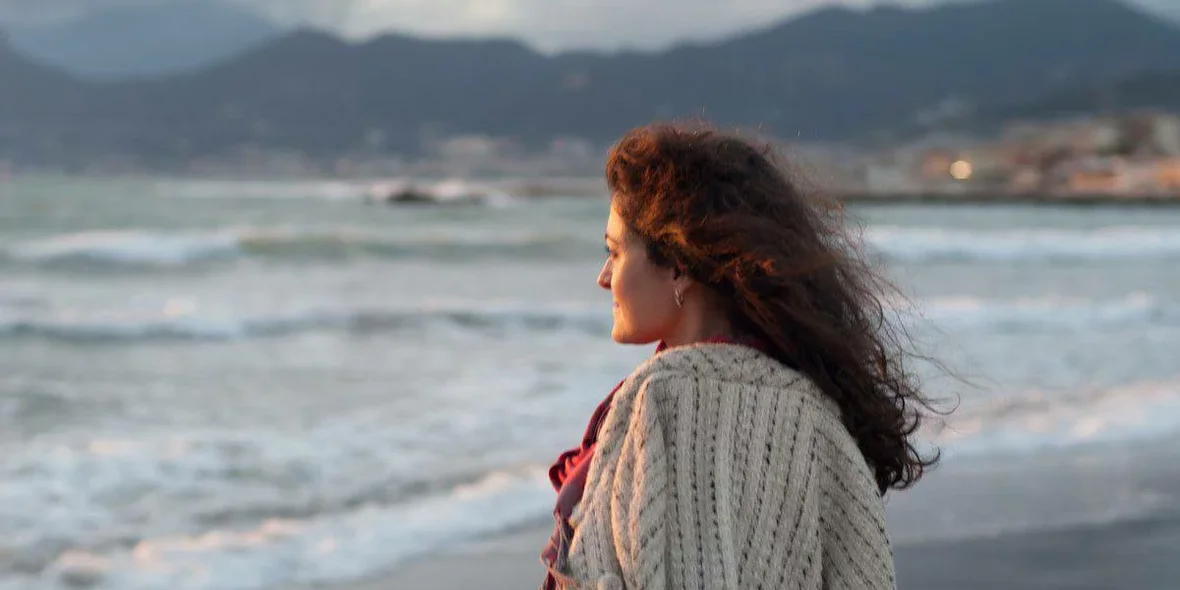
“I relocated to Italy alone and then moved my family.” On the specifics of the country and relocation from personal experience
What are the ways to move to Italy? What are the challenges you will face when searching for housing? Why is it extremely desirable to know Italian? Read about it, as well as how the pandemic forced Italians to work remotely and why the North and the South of Italy are so dissimilar, in Natalia's story, who has lived in this sunny nation for more than 6 years.
“I advise carefully considering your reasons for moving and applying for a residence permit.”
Natalia Gavrushina provided us with in-depth information about moving to Italy, the difficulties of the local real estate market, taxes, health care, government red tape, and Italians' attitudes toward aging and life.
— I'm from the city of Perm, I'm almost 39, and I'm a certified immigration consultant. In October 2016, I moved to Italy alone with two suitcases.
At the time of the move, I had a family; my son was 8 years old. At the family meeting, it was decided that I would go to Italy first because at that time I had already been learning Italian for 3 years. The idea was to figure out whether it was our option, and then the whole family would move there. And we did it.
Why Italy? I am a sun-loving person, but Perm and the Perm Region do not indulge in warm and sunny weather. We didn't have a lot of travel experience at that time. But we went to the Amalfi Coast several times on vacation and fell in love: the south of Italy attracted us with its sunshine, hospitality, delicious food, and, of course, the beautiful sea.
At first, I moved to Salerno (Campania Region), the closest town to Amalfitana, which is between Naples and Amalfi. I was told how to move my husband and son, and a year later they moved in with me. I didn't know yet anything about reunification or Italian immigration laws in general, so I went through this process by trial and error.
After another year of living in Salerno, we had the opportunity to move to the north of the country. Now we've been living in the north of Lake Garda, in the province of Trento, for almost 5 years.


— To move to Italy, you need a motive, on the basis of which you get a national visa D. After some research, I found out that it was possible to move to Italy for studies, convert my residence permit into a work permit, and stay. This is exactly how I went in the end: first, I studied at the University of Salerno; in the second year, I converted my residence permit to a work permit; and this summer, we plan to ask for a permanent residence permit for the whole family. Now it is not called unlimited by European standards, but, in fact, the plastic card itself is simply renewed every 10 years.
It's important to note that there are distinct differences between moving and legalizing.
Moving is a process that starts with getting a D visa, then a residence permit, a permanent residence permit, and citizenship, and that's an immigration strategy. If we are talking about legalization, it is a way a person who is already in Italy on a tourist visa is looking to stay legally and request certain types of residence permits.
I should note that Italy is not the most convenient country for legalization, and until last year it was quite difficult. Here there is no way to stay in the country through naturalization, as in many other countries; it is also impossible to get a student visa or any other type of visa on the spot (they are issued only at the Italian diplomatic mission in your country).
Previously, the bulk of migrants were legalized on the basis of the Decree “SANATORIA”. This is an amnesty for illegally residing citizens on the basis of work (their employers must confirm the fact of an employment relationship). However, this decree comes out very rarely—now hardly every 10 years.
In the last year, however, a lot of people came and applied for a residence permit on the grounds of international or special protection. But the process of reviewing applications by the commission is very long, and no one will say in advance whether you have enough grounds for political asylum or another type of protection. So far, the cases with any result are isolated: those who moved in 2022 are waiting for the commission for about a year.
That is why I recommend considering legalization on the spot as a last resort: when none of the options for relocation suit you.
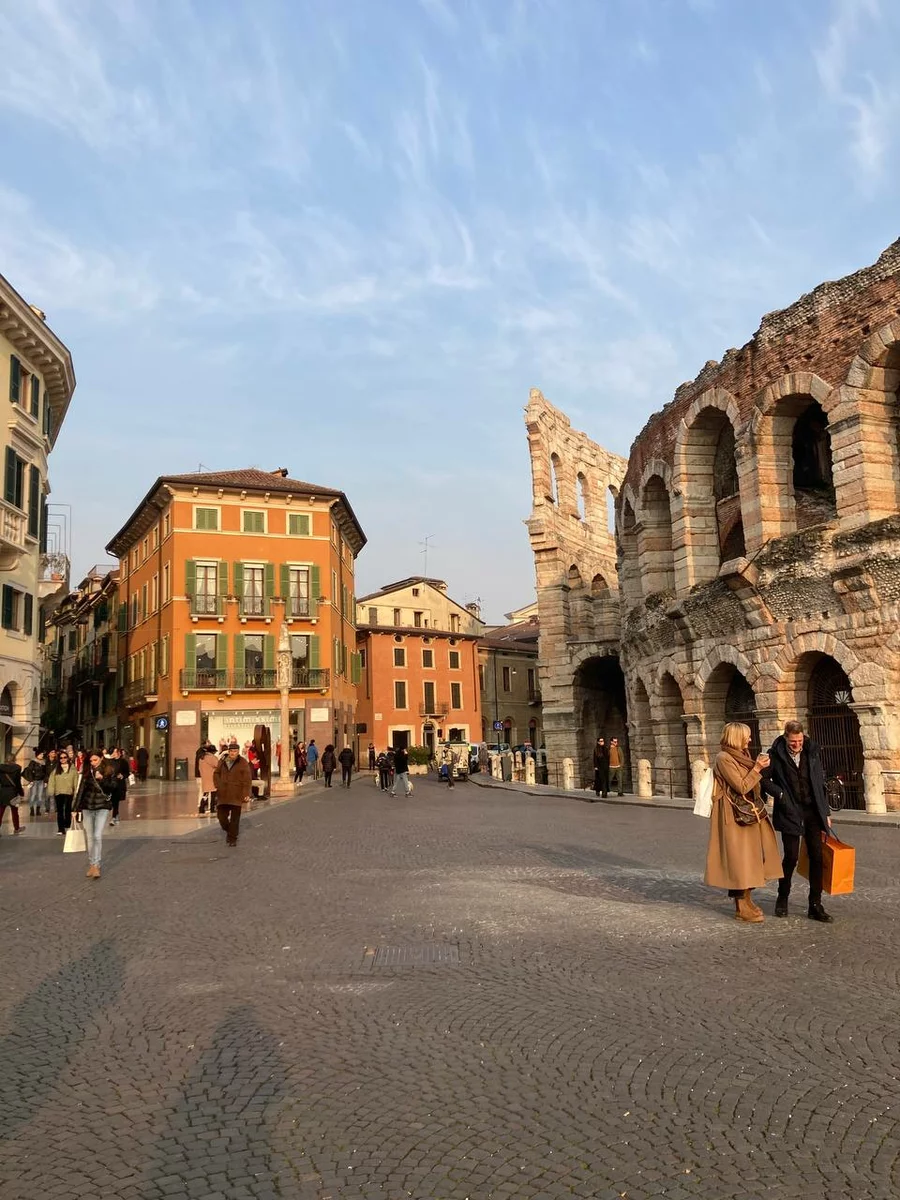
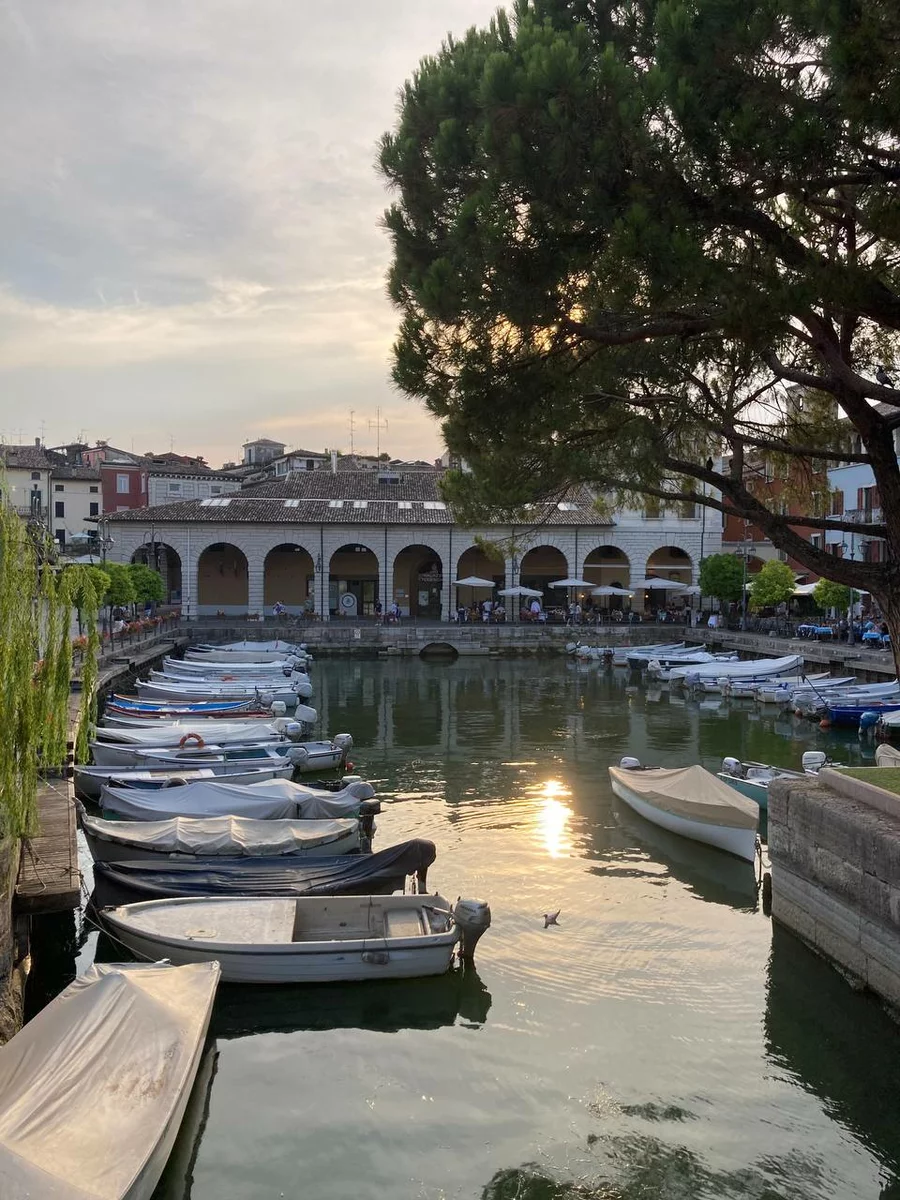
There are several options for moving (and subsequently obtaining a residence permit):
- Entering an Italian university. This is still the easiest and most affordable way to move.
- Obtaining an EU Blue Card for highly skilled or highly specialized workers. This way works, but the hardest thing to do in Italy is to find an employer.
- Opening a representative office of a company located in a WTO (World Trade Organization) member country.
- Setting up a sole proprietorship (freelancing).
- Getting an investment residence permit (investments from €250.000).
- Registration on the basis of the chosen place of residence. This is a residence permit based on a high passive income in the home country.
A residence permit can be obtained only after five years of legal residence in Italy. But there are exceptions: for example, a student cannot directly request a long-term residence permit: it is necessary to convert it into a work or family permit.
“Rent is a problem everywhere in Italy, regardless of the region.”
— After my move in September 2016, I faced a tough adjustment. For the first time in my life, I lived alone, without family. Adaptation is normal for those who get into a new culture, society, or mentality. This process is accompanied by culture shock and non-acceptance of some things, especially if you aren't mentally prepared for it. Some people get used to it faster; for some, it is a real ordeal. I know cases where, after a few months, a person returned home, having understood that living in Italy was not his story.
The biggest challenge was probably finding a place to live. At first, I moved in with friends in Amalfi for a month, but soon I started looking for housing in Salerno itself, closer to the university and the city infrastructure. Renting in Italy is a problem everywhere, regardless of the region. And the difficulty arises not only among foreigners but also among Italians themselves. And sometimes it is easier to buy than to rent.
The problem lies in the law, which protects the tenant. If he stops paying rent, it is very difficult to evict him, especially if he has minor children. Sometimes it gets “ridiculous”: a person with a dog will be rented an apartment, but not one with a child. In addition, for example, in my autonomous province of Trento, there are local regulations that stipulate that a non-paying tenant cannot be evicted during the cold season from October to April.
That's why landlords are afraid to rent apartments to foreigners. Although there are many examples of dishonest behavior among Italians themselves.
The adequate cost of renting an apartment is about 10 euros per square meter. But sometimes you just can't find a house of the necessary size because there are a lot of 4-room apartments of 120+ m2. And if we look at the cost per meter in tourist cities, where the main housing stock is given to tourism and the demand for long-term rental exceeds the supply on the market, prices will be much higher.
The specificity of housing in Italy is its “age”. Our province of Trento is considered economically stable, with a high standard of living and infrastructure development: there are both new buildings and modern housing, and there are no problems with heating. But if we look at real estate in the center and south of Italy (from Florence and below), there is a lot of old and antique housing. This is associated with problems in apartments—for example, a lack of proper ventilation and the presence of mold. Therefore, finding adequate housing “in quality” and at a reasonable price is not easy.
Add to this tourist economy. For example, our small town, Riva del Garda, is considered a tourist area and a favorite vacation spot of Germans. Prices here are higher on average. Sad statistics say that with a population of 17 thousand people, 85% of housing is given to tourism. This is the main or additional income of local or visiting “investors.” At the same time, those specialists who move here to work suffer; it is very problematic to find an apartment for a long period of time.

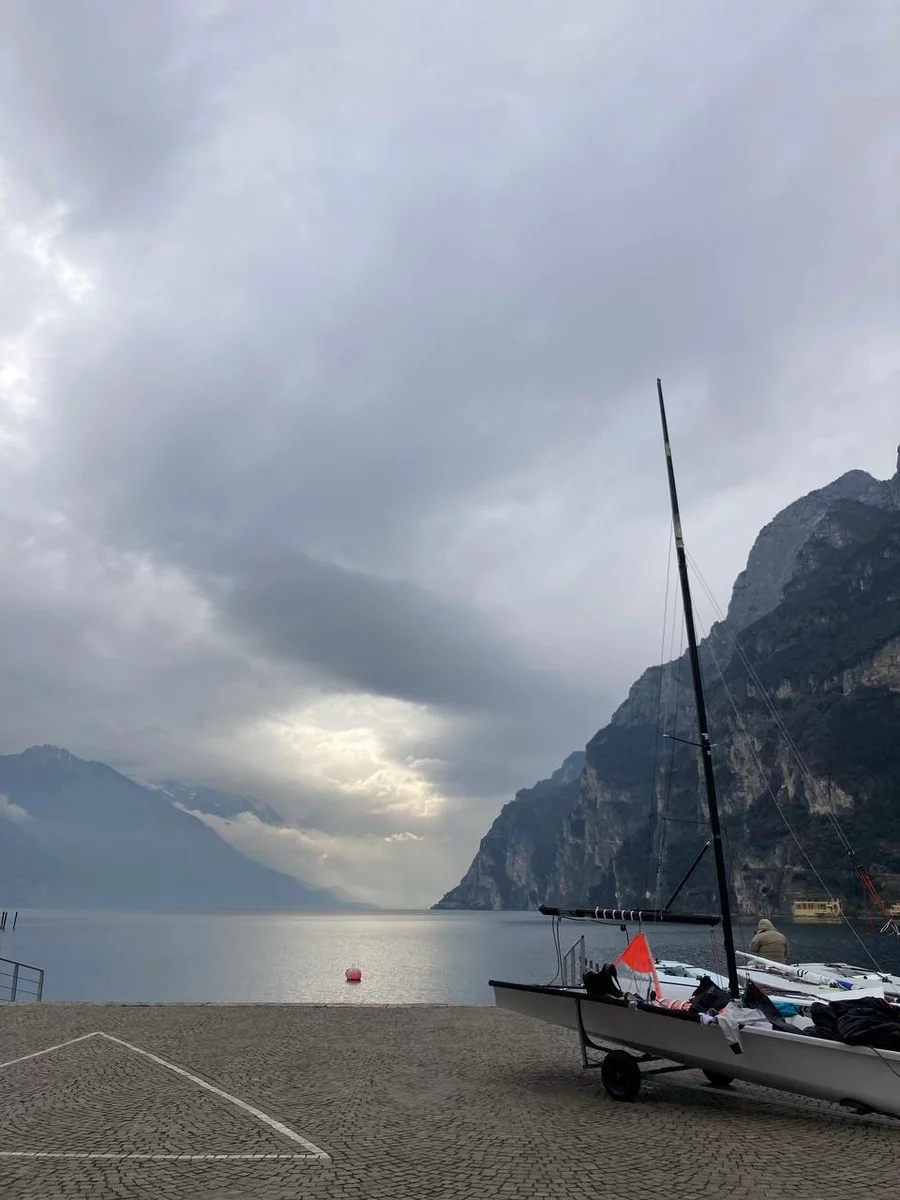
— In general, the specifics of the Italian real estate market lie in its conservatism. Prices throughout the pandemic not only did not decline as some experts had predicted using the example of other nations, but they also continued to rise. It is typical for an Italian to sell his apartment for 3-5 years without lowering the asking price.
I also note that buyers from Russia, Belarus, Kazakhstan, and Ukraine are not major players in the market, so they do not affect the cost per square meter.
It is also important to say that in Italy, the real estate market is a seller's market, not a buyer's market. Therefore, no Italian real estate agency will run after a buyer and show different options for housing. If you speak Russian, it is worth finding a professional Russian-speaking real estate agent with a license.
“It's better to schedule a consultation with a paid doctor if you need to solve a problem quickly.”
— I never talk about Italy as a whole because it is divided into 20 separate regions, and each of them has its own prices, levels of development, and quality of life.
If we take, for example, a pool of large cities such as Milan, Rome, and Florence, there will be a very high price tag for housing. Here in Riva del Garda, the average price for renting an apartment is 800–900 euros, excluding common charges and utilities.
As for the level of earnings, a family of two adults will need at least 2,000 euros per month. If there are children, the sum, of course, will increase.
Taxes in Italy for an individual are significant—the minimum “personal income tax,” IRPEF, is 23%. In addition, if you are employed, not only does the employer pay your insurance premiums, but you also participate in these deductions. If the employer pays about 20%, the employee pays about 9%.
Now I am a registered entrepreneur and use the simplified taxation system. For the first five years, I should pay a flat tax of 5% of profit (turnover minus a set percentage of expenses, depending on the type of economic activity), plus about 27% of deductions for social and pension insurance. I can see from the example of my activities that being an entrepreneur in Italy is not as scary as some people like to think.
Public medicine is praised and scolded at the same time. Basic medicine is weak. Yes, you'll have your own family doctor, but it's hard to get free access to specialists because of long waiting lists. You can wait for months, even if there is an urgent referral. Therefore, if you need to solve an issue quickly, it is easier to make an appointment with a doctor for a fee, which is between 80 and 120 euros. We had no serious medical issues, only our second son was born here, but according to the stories of experienced people, things are better—the national insurance covers all costs.
As a taxpayer in Italy, I use national insurance for free. If you, for example, are a student, then if you choose national insurance, you have to pay 150 euros per year.
Now the biggest problem for all categories of migrants (migrants from Russia and Belarus) is opening bank accounts since sanctions are in place. The human factor plays a huge role here: you have to go to banks, show a whole package of documents, and look for an operator who will agree to open an account for you. The card will be opened by the seeker.

“If you want to have everything by the book, choose another country.”
— Initially, when we were planning to move to Italy, I had two main arguments as to why I wanted it: 1) to live by the sea; and 2) the climate. As we found out, I now live on a lake rather than the sea, but I continue to like the climate. It varies from territory to territory, but our climate is pleasant year-round because of the lake.
The attitude toward life here and especially toward age really resonates with me. In Italy, there is no age at all. For example, Italian universities accept students of any age. Last year I had two female 50+ students move in and get into a master's program, and several 40+ students get into a master's program. Italian women at 50 feel young themselves: you are still young and can easily study or go on a date.
I don't like bureaucracy in Italy, of course. I think it exists everywhere, but here it is difficult to break through these barriers and prove something in a non-native language. So those who don't speak Italian have to hire an assistant or an interpreter in order to get their children into kindergarten, open a bank account, get a tax code, or get health insurance. Unfortunately, English is often not helpful here.
The second “spoon of tar” is incompetence in the field. Specialists do not read updates to the laws or know that some new regulation has come out; they just do as they are used to. And this can be encountered in any sphere. You have to be aware of this and not demand instant solutions because it's not about Italy. If you want to have everything according to regulations, choose another country.


“I doubt that in Italy they were aware of remote work prior to the pandemic.”
— Immigrants very often move as a family and worry about their children's studies and leisure time in the new place. And here you have to be mentally prepared for a different attitude in schools: children are not stressed that much. It's neither good nor bad. It's just a different paradigm of life.
In terms of the development of computer technology, the pandemic has pushed Italy forward a bit. Before that, I don't think people here knew what remote or online learning was at all. After 2 years of the pandemic, people started to work remotely, and some services started to develop, like delivery. But Italy is still a long way from the level of digitalization of life to which we are used in Russia: it is very conservative.
As for entertainment, it is possible to find an activity for all tastes. For example, in Garda, sports are very popular (trekking, hiking, yachting, etc.), and the Dolomites are literally an hour away. Italy is great because you can take the high-speed train and in 5 hours you will be in “another world”—Naples, or in 4 hours—Rome.
“The South and the North of Italy are two different worlds.”
— What should be kept in mind when moving to Italy? Firstly, Italians are mentally very different. Maybe when you come as a tourist, it seems to you that we are alike, but that's not so. And the further south Italy is, the more this mentality is different.
In the south, Italians are open and chatty, often unpunctual, and don't care much about personal boundaries. I now feel more comfortable living in the North. Here, a stranger is unlikely to kiss you at the first meeting. So the south and the north of Italy are two different worlds, and you have to take that into account.
Secondly, it is worth remembering that Italy as a united country is quite young: the union occurred only in 1861, and before that, it was a fragmented kingdom. And now it is very felt, because each region has its own characteristics, not to mention dialects, cuisine, and so on. That's why it's very important to choose the right place to live when you move.
I do not recommend that when you move, you only focus on the places where you have been on vacation because this flair is not a sign that living there permanently will be just as good. For example, many tourist places, especially in small towns, just die out in the winter, and most establishments are closed from November to March.
The third important point is that Italy is not an English-speaking country, so knowledge of Italian is very desirable. Yes, in tourist or major cities, you will be spoken to in English, but all everyday life situations require knowledge of Italian.
And, of course, I always advise preparing thoroughly for the move and studying the nuances of migration legislation because a planned move will bring you more joy and allow you to adapt faster in the new country.
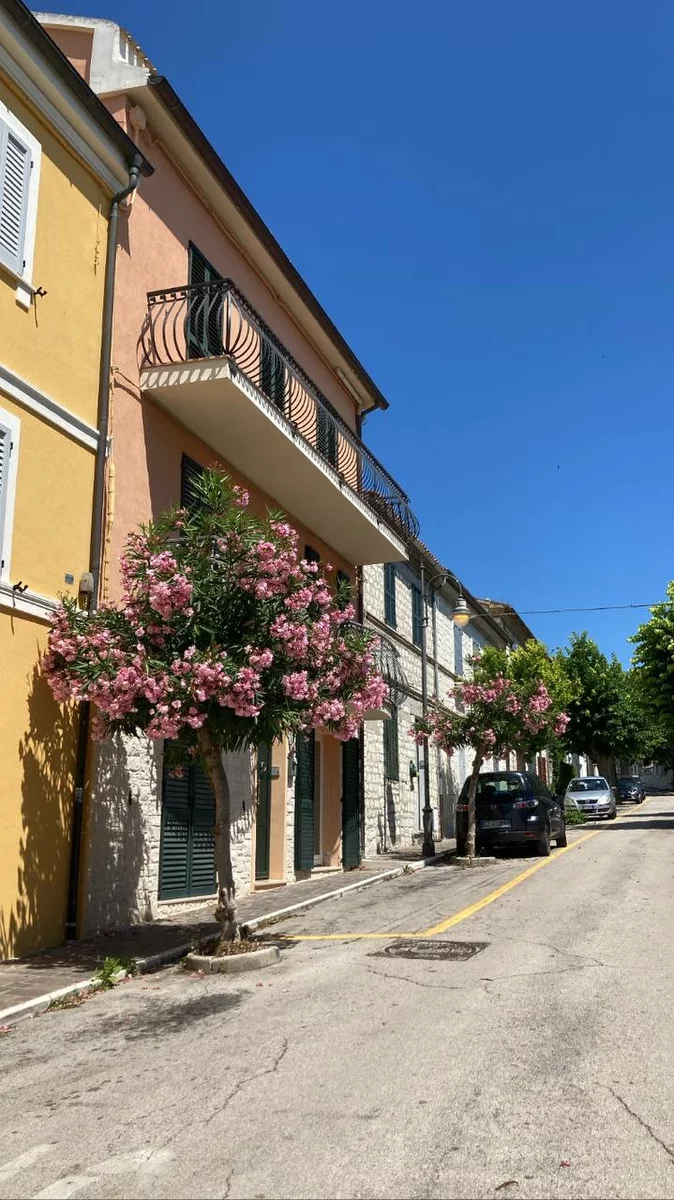
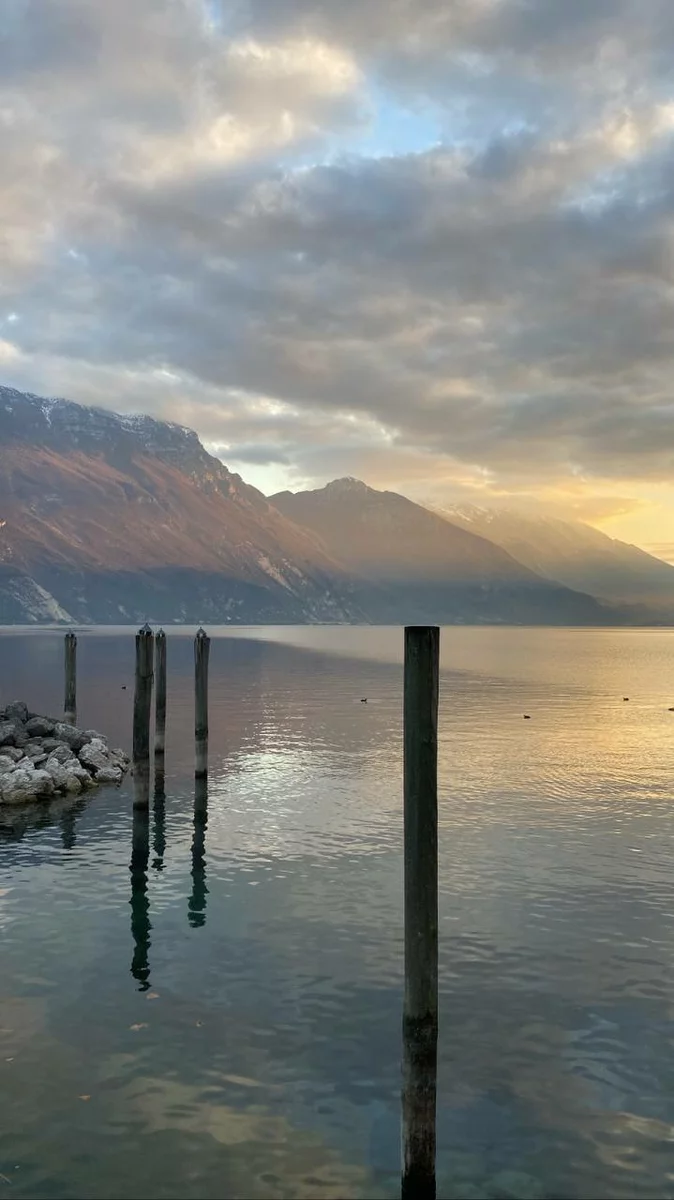
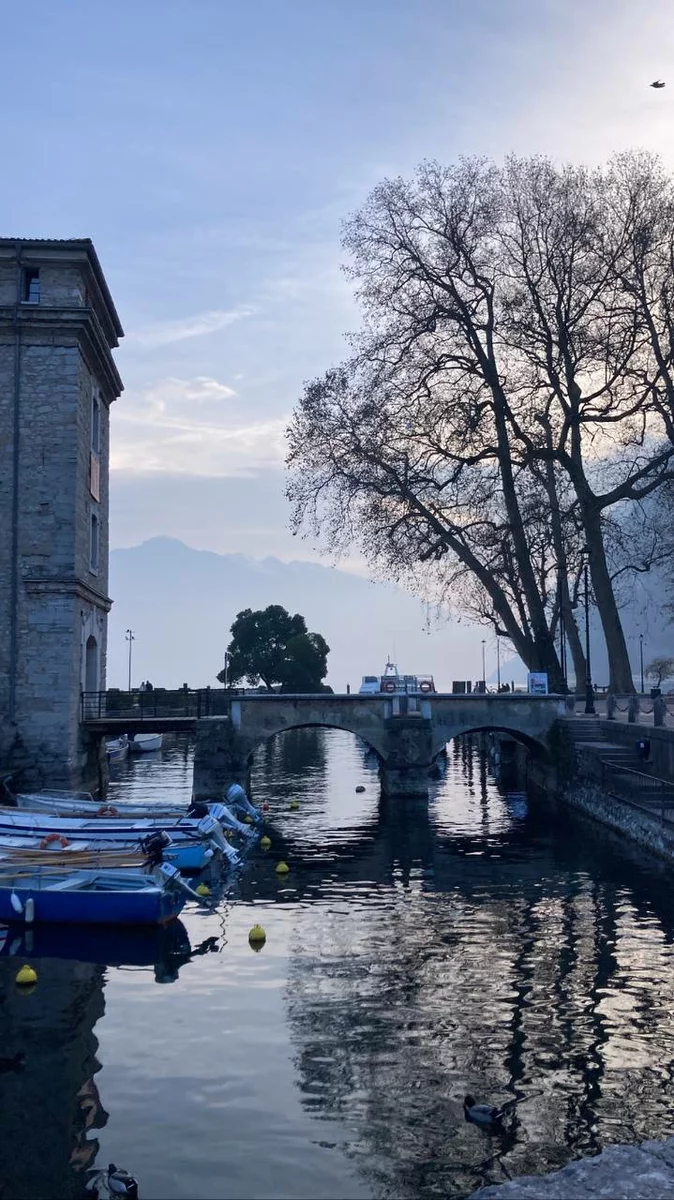
Do you want to share your personal experience of relocating and living in another country? Email us at info@realting.com. We will be happy to tell your story.
Author
I am responsible for editorial work. I write expert interviews and guides.























